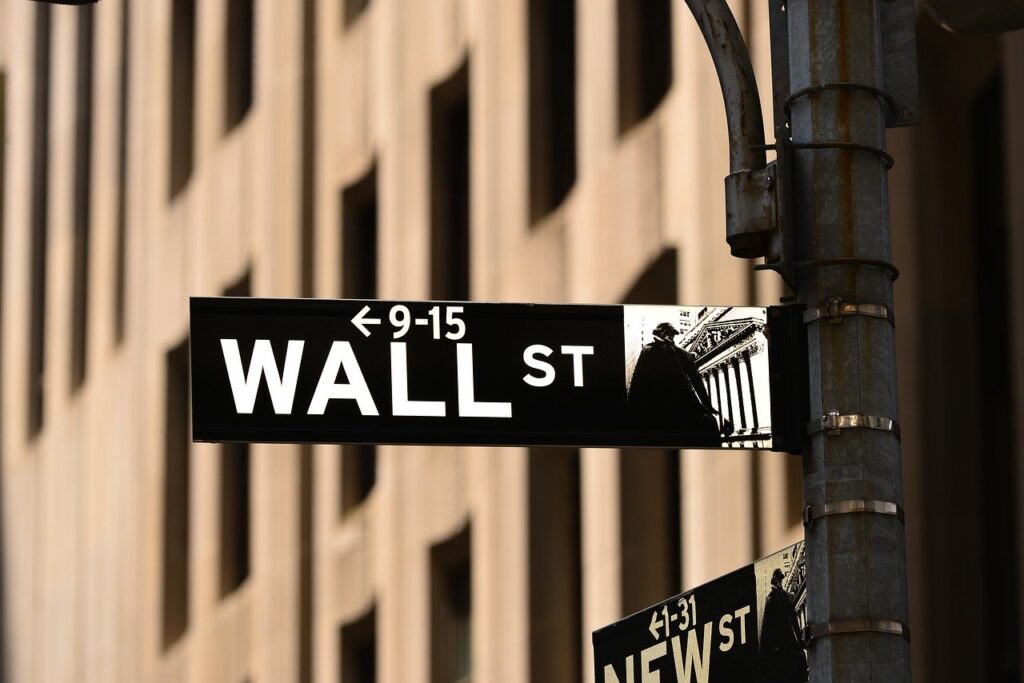Global stock markets faced pressure after Donald Trump approved new tariffs on China, Canada, and Mexico, raising fears of a trade war. However, markets regained some ground when the U.S. president agreed to delay tariffs on Mexican goods for a month, offering a potential reprieve.
Trump’s weekend tariff vow unsettled investors, leading to what analysts called a “Trump tariff tantrum.” The S&P 500 dropped nearly 2% at Wall Street’s opening but recovered after the U.S. and Mexico announced a temporary pause on duties. By mid-afternoon, the S&P 500 was down 0.4%, while the tech-focused Nasdaq slipped 0.8%. The Dow Jones, however, moved slightly into positive territory.
London’s FTSE 100 fell 1.4% from last Friday’s record high but later trimmed losses to trade 1% lower. Germany’s DAX dropped 1.5%, while France’s CAC 40 and Spain’s IBEX both declined by 1.2%. Italy’s FTSE MIB lost 0.7%.
In Asia, Japan’s Nikkei slumped 2.8%, and Hong Kong’s Hang Seng index dropped 1%. Chinese markets remained closed for the Lunar New Year holiday.
Stocks and Currencies React
Tech giant Nvidia led the Dow’s decline, falling over 5% after Chinese AI firm DeepSeek emerged as a competitor. European carmakers also suffered, with Volkswagen, BMW, Porsche, Volvo Cars, Stellantis, and Daimler Truck all losing between 5% and 6%. French car parts supplier Valeo plunged by 8%.
In London, several companies saw sharp declines. Scottish Mortgage Investment Trust, JD Sports Fashion, and miner Antofagasta all lost more than 4%.
Currencies also reacted to the turmoil. The British pound dropped 0.6% against the U.S. dollar but gained 0.5% against the euro. The Canadian dollar hit a 20-year low before recovering. Ontario’s Premier Doug Ford responded by banning U.S. firms from provincial contracts, warning that U.S. businesses would lose billions in revenue.
Cryptocurrencies, which had surged since Trump’s election in November, also fell sharply. Bitcoin hit a three-week low of $91,441 before recovering to $95,730, marking a 6.2% drop.
JPMorgan Chase warned that the Trump administration’s policies could hurt businesses. Chief economist Bruce Kasman noted that the latest actions contradicted expectations that Trump would balance protectionism with business-friendly policies.
Market analysts remain cautious. Richard Hunter of Interactive Investor predicted that February would start with a “Trump tariff tantrum.” Naeem Aslam of Zaye Capital Markets warned that tariffs could increase uncertainty in global trade and economic stability.
Kathleen Brooks of XTB added that while the UK might withstand some effects, global tariffs could still trigger inflation and slow economic growth. She emphasized that it was too early to measure the full impact but warned that global economies, including the U.S., could suffer.


